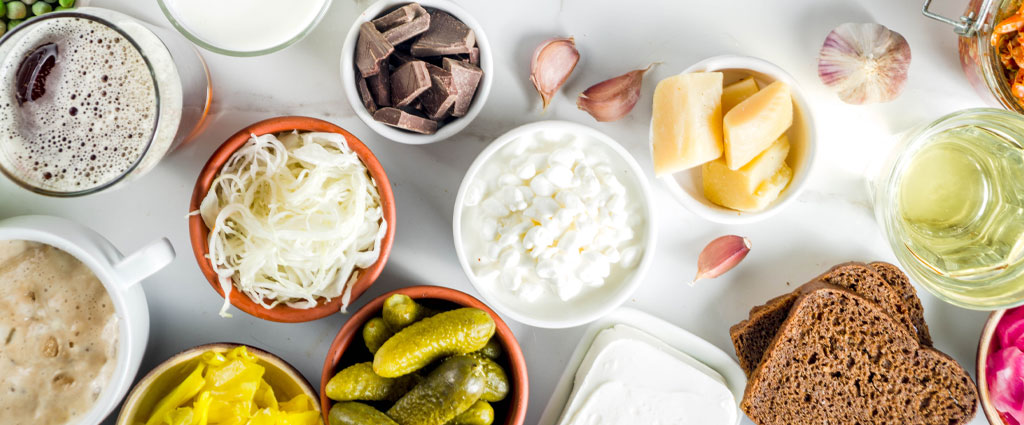If you’re wondering how a healthy gut can support immunity, consider this: 70 percent of your immune system resides in your gut, and when you don’t have a diverse array of bacteria and fungi in the gastrointestinal tract, your body isn’t as well-equipped to ward off viruses. Meaning, the next time you come down with a fever or a case of the sniffles, your gut may be to blame.
“If you think of the lining of your gut as a fortress of a castle, you want it to be indestructible to invaders and intruders. But the more the fortress is exposed to wear and tear, the more permeable it’s going to become,” says Minnesota-based nutritionist Emma Harvie. “The same thing happens in your gut. The more you can optimize your gut health through dietary and lifestyle factors, the more robust your immune system will be.”
If you’re looking to boost your body’s natural immunity, especially with cold and flu season around the corner, read on for three facts about how gut health and the immune system are intertwined.
What you eat doesn’t just affect your waistline—it also determines the type of bacteria found in the gut, which are best at supporting immunity when fed a plant-based diet high in fiber. Fruits and vegetables, for example, reduce the body’s inflammatory response to viruses.
T-cells are the part of the immune system that help your body distinguish healthy cells from infected ones. When there are too much bad bacteria in your gut, your immune system can become confused and start attacking the healthy cells, making it easier for viruses to wreak havoc on your body.
You’ve likely heard that probiotics—which can come from fermented foods or supplements—are good for digestive health, but they can also be a boon for immunity. That’s because probiotics replenish good bacteria in the gut. The best probiotics for the immune system will boast at least 1 billion colony-forming units and contain strains of Lactobacillus or Bifidobacteriun, so make sure to read your labels.






Share this Post